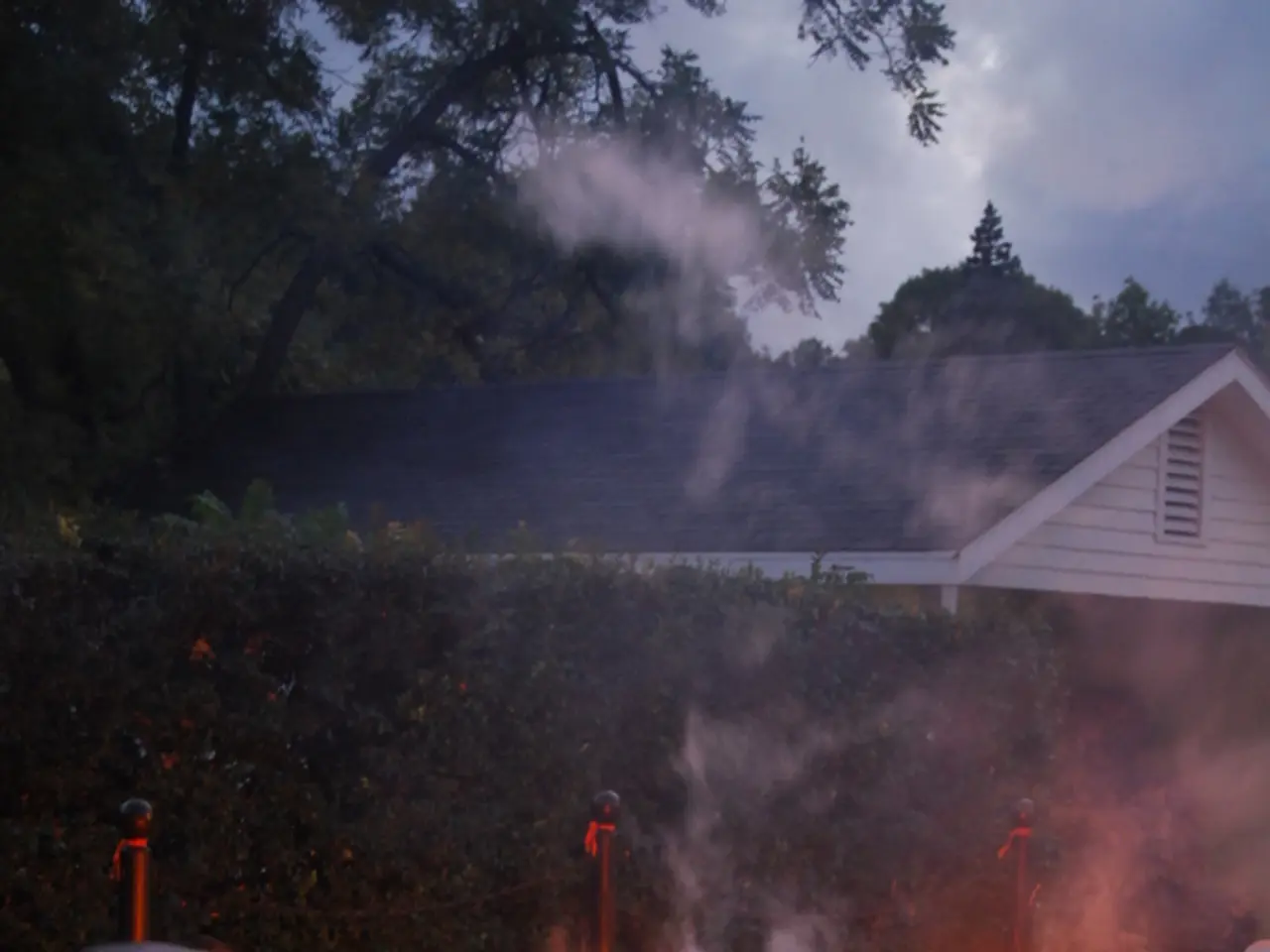Regenerate, Restore, Revitalize
In this week's edition of The Frontline, climate editor Yessenia Funes urges readers to prioritize self-care as a crucial tool for sustaining the long-term fight for climate justice.
Leading the charge are environmental justice advocates like Tamara Toles O'Laughlin, North America Director of 350.org, who emphasizes the importance of rest and self-care before embarking on any campaign, mobilization, or training. Toles O'Laughlin's self-care strategies include wrestling with issues in meditation, journaling, and long walks.
Mustafa Santiago Ali, Vice President of Environmental Justice at the National Wildlife Federation, runs five days a week and meditates when needed, while Elizabeth Yeampierre, Executive Director of UPROSE, values taking care of her community and loved ones as a means of self-care. Yeampierre finds time for daily check-ins, storytelling, joking, and sharing food with others.
Dallas Goldtooth, Keep It in the Ground Campaign Organizer at the Indigenous Environmental Network, disconnects from social media for at least two hours every day, recognizing the climate fight as a "relay marathon, not a solo sprint." Goldtooth and other leaders stress the importance of solidarity and relational practices that build personal and political power while honoring lived experience.
These environmental justice leaders combat burnout by engaging in practices that foster balance, community connection, and self-care. Common approaches in the environmental justice and activist communities include participating in supportive peer groups focused on well-being, practicing somatic regulation techniques, and creating cultures of care to sustain activism over time.
Workshops and groups targeting activist burnout prevention stress trusted community connections, somatic (body-based) regulation methods, and developing sustainable work-life boundaries. Peer self-care groups offer a safe space to share struggles and resources, helping reduce the overwhelming pressure the work often entails.
Being anchored in love, as Yeampierre believes, is also essential for self-care. A future rooted in justice, with a living wage, paid sick days, family leave, and paid time off, is crucial for communities to thrive.
As we move forward following the elections, it is more important than ever to remember to recharge and take care of ourselves. After all, as Toles O'Laughlin plans rest from the beginning of her work to ensure sustainability, so should we all.
- Tamara Toles O'Laughlin, an environmental justice advocate, emphasizes meditation, journaling, and long walks as essential self-care strategies.
- Mustafa Santiago Ali, a Vice President of Environmental Justice, runs daily and practices meditation when needed, while Elizabeth Yeampierre prioritizes caring for her community and loved ones.
- Dallas Goldtooth encourages disconnecting from social media daily for a healthier approach to the climate fight, considering it a "relay marathon, not a solo sprint."
- Self-care practices among environmental justice and activist communities involve participating in supportive peer groups, practicing somatic regulation techniques, and cultivating cultures of care.
- Workshops and peer groups focused on preventing activist burnout emphasize trusted community connections, somatic (body-based) regulation methods, and setting sustainable work-life boundaries.
- According to Elizabeth Yeampierre, being anchored in love and working towards a future with a living wage, paid sick days, family leave, and paid time off is vital for self-care and community thriving.




